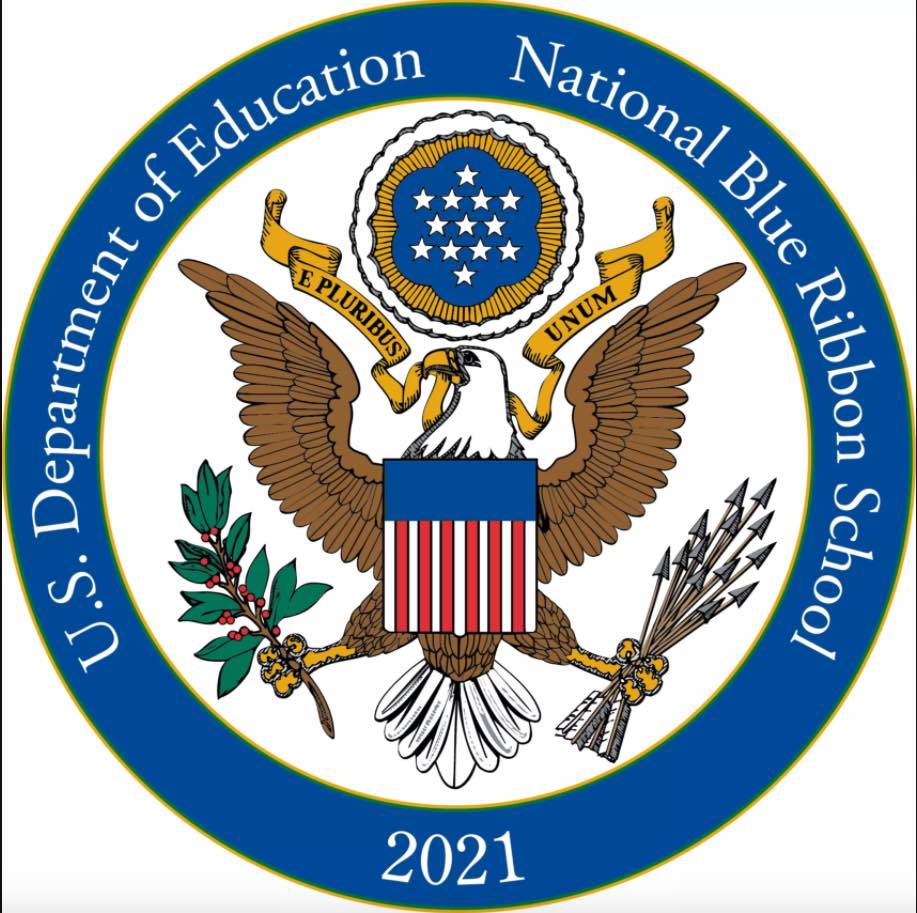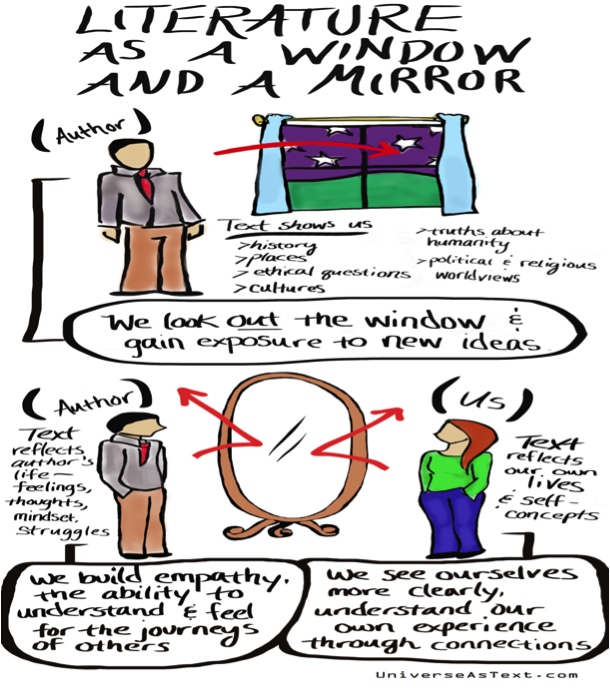Middle School Literacy Program
Penn Alexander Middle School Literacy curriculum helps prepare students for the rigorous and diverse demands required to be successful, literate individuals in the 21st Century. The curriculum equips the students with the necessary strategies, tools, and skills that ensure each child is prepared for high school readiness, with aims towards college and career readiness.
Throughout the year, students receive instruction in four genres: narrative, expository. argument and poetry. Close reading strategies are explored in the 6th grade year. Students are guided to consider and explore the discipline of reading as students of literature for academic purposes. While the practice of pleasure reading is still encouraged and supported, a purposeful philosophical shift in the approach to reading and analyzing literature is cultivated.
Objectively summarizing texts through the paraphrasing and distinguishing central ideas is a major emphasis of the 6th grade year. Students receive daily practice in creating gist statements to summarize the content of a text. This annotation and summation strategy allows for the students to monitor their own comprehension and identify areas of confusion.
While 6th grade students, read and study all four of the aforementioned genres, there is a concentrated emphasis on studying the elements and craft of narratives. Students explore the elements of characterization, setting, conflict, point of view, figurative language, and theme in-depth in order to analyze how good authors weave these literary elements together with craft, style and voice to create powerful pieces of literature.
Since reading is a necessary skill in other disciplines, students are also exposed to strategies that enhance their critical reading skills with informational and argumentative texts through instruction in SQ4R strategies. Students are led to understand that different texts demand different reading mindsets and reading moves. This strategy based approach helps students find success in their Social Studies and Science classes where content must be retained and utilized to build understanding.
Finally, students are taught how to close read poetry. Students delve into the genre by examining how skillful authors use sound and figurative devices to create poetic pieces.
Besides equipping the students with strategies and skills to be adept academic readers, the middle school curriculum also urges students to consider and reflect on their own individual identities, the world and society that they live in, and the interactions between individuals and society. The texts that are chosen for students at all grade levels are dependent upon the instructional needs of students during each given year; they are diverse in range, quality and complexity, but they are always comparable to the exemplar texts found in Appendix B of the Common Core Standards.
Since the 6th grade year places concentrated emphasis on reading literary narratives, 7th and 8th graders are expected to engage in student driven analytical academic discussions based on literary texts, as well be adept at producing written text based analysis essays. Students are encouraged to look beyond the content and plot of the author’s writing to build critical claims about central ideas, themes, and symbolism as well as author’s intent, style, purpose, and craft.

